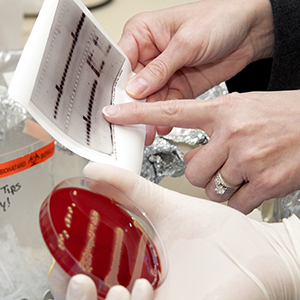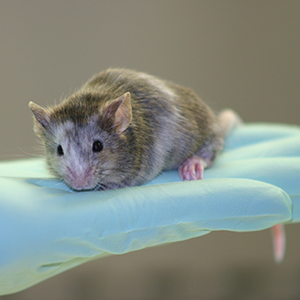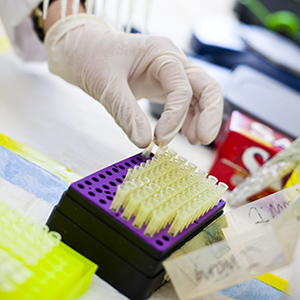Description
Imbue orthopedic implants with primary immunity
Orthopedic implants, such as hip or knee replacements, all eventually fail due to wear and tear. But if an implant gets infected it fails much more rapidly and can even lead to death. Researchers at the University of Nebraska Medical Center discovered a new way to prevent implant-associated biofilm infections. Guangshun Wang, PhD, designed antimicrobial peptides to coat the surface of metallic orthopedic implants and specifically target antibiotic resistant infections known as MRSA or methicillin-resistant Staphylococcus aureus. Not only do the novel proteins prevent MRSA biofilm formation, but they also recruit host immune cells to help clear any opportunistic bacteria.
By adding these peptides to an implant’s surface, Dr. Wang’s technology effectively imbues the medical device with its own innate immunity. In humans, innate immunity represents the front line defense against pathogens. Implants, however, have no such basic protections against infections, including MRSA, which accounts for two-thirds of all orthopedic implant infections. Implants can become unchecked breeding grounds for biofilm infections and ultimately lead to total device replacement—at best.
More than one million Americans receive hip or knee replacements each year. While about 90 percent of those procedures are still effective 10 years later, that means approximately 100,000 patients will undergo a repeat procedure to alleviate pain associated with prosthetic loosening or bacterial infection.
As an opportunistic pathogen, MRSA has evolved numerous strategies for evading the human immune system. MRSA has a particularly notorious ability to find, attach to, and create bacterial biofilms on orthopedic implants. Once a MRSA biofilm is fully formed, the only effective treatment involves total removal of the orthopedic implant. Even then, the patient is at a permanently increased risk for repeat infection.
To discuss licensing opportunities contact contact Tyler Scherr, PhD, at tyler.scherr@unmc.edu or 402-889-5498.




